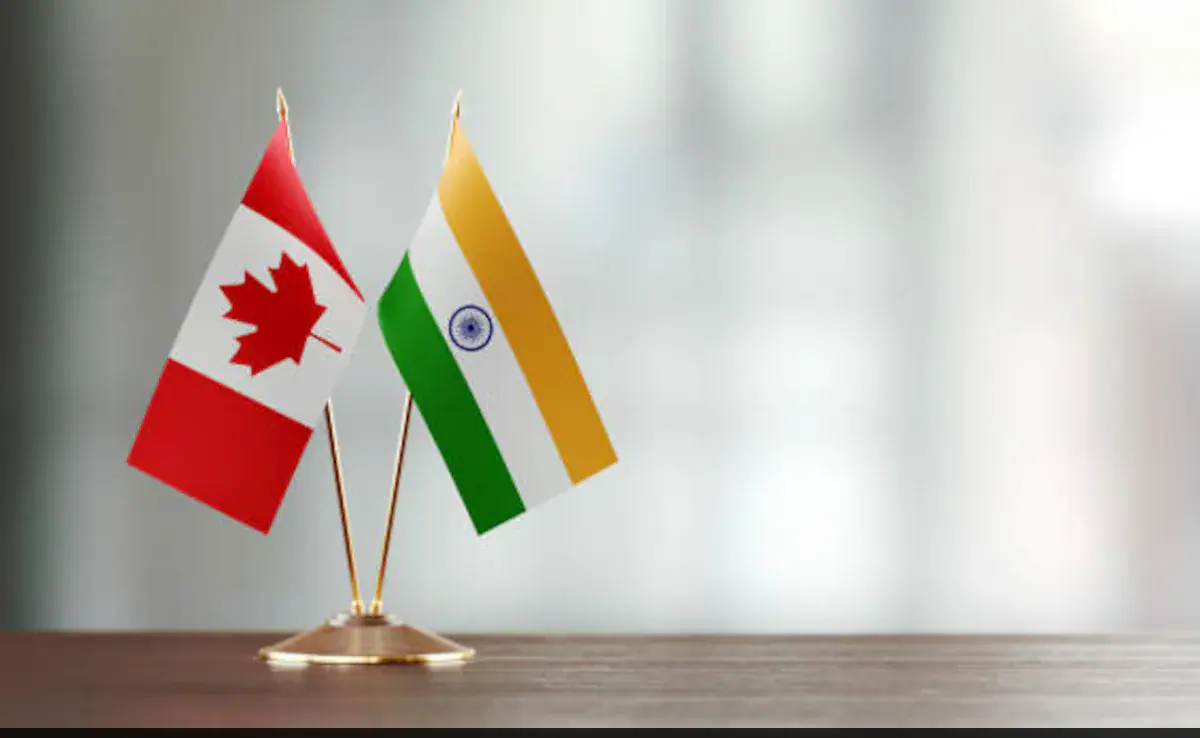The recent diplomatic rift between India and Canada has brought to light significant concerns from the Indian side regarding the political space and support allegedly provided to anti-India forces in Canada. Top Indian diplomats have articulated this issue and has escalated into a major diplomatic conflict between the two nations.
Background
The immediate cause of the diplomatic fallout was the assassination of Hardeep Singh Nijjar, a prominent supporter of the Khalistan movement, which seeks an independent Sikh state. Nijjar was killed on June 18, 2023, in Surrey, British Columbia. Canadian Prime Minister Justin Trudeau accused the Indian government of being potentially involved in the assassination, an allegation that India has strongly denied.
Political Diplomatic Expulsions
In response to Trudeau’s allegations, Canada expelled a senior Indian diplomat. India retaliated by expelling a senior Canadian diplomat, reflecting the seriousness with which both countries are treating the matter. The Indian Ministry of External Affairs (MEA) issued a statement calling the allegations “absurd and motivated,” asserting that such claims divert attention from the activities of Khalistani terrorists and extremists sheltered in Canada.
Indian Concerns
India’s primary concern is the perceived support and political space given to anti-India elements, particularly those advocating for the Khalistan movement, within Canada. Indian officials argue that Canada has been lenient towards these groups, which India considers a significant security threat. The Indian government has pointed out instances where Canadian political figures, including members of Trudeau’s ruling Liberal Party and the coalition partner New Democratic Party led by Jagmeet Singh, have been seen participating in Khalistani demonstrations.
These demonstrations often involve the glorification of individuals and groups banned in India for terrorist activities. Indian authorities have provided extensive lists of incidents and individuals linked to terrorism and extremist activities in Punjab, attributing many of these to the influence and support from overseas, particularly Canada.
Canadian Position
On the other hand, the Canadian government maintains that it upholds democratic principles, including freedom of expression and assembly, which allows for diverse political opinions and activism within its borders. Trudeau has emphasized that any foreign government involvement in the killing of a Canadian citizen would be an unacceptable violation of Canada’s sovereignty. Canadian officials have called for cooperation from India in investigating Nijjar’s death.
Canadian authorities, while investigating the allegations, have also highlighted the importance of addressing credible threats and ensuring that Canada’s legal and democratic processes are upheld. This includes dealing with any unlawful activities linked to foreign states or groups, but without compromising on the rights of individuals to express their political beliefs.
Broader Implications
The diplomatic tensions have broader implications for India-Canada relations. Trade talks have stalled, and a planned trade mission to India has been cancelled. The issue has also drawn in other countries, with Trudeau raising the matter with U.S. President Joe Biden and U.K. Prime Minister Rishi Sunak, indicating the potential for wider geopolitical repercussions.
The Indian diaspora in Canada, particularly the large Sikh community, is also significantly affected by these developments. Canada is home to over 770,000 Sikhs, many of whom are politically active and have varying views on the Khalistan movement. The diplomatic rift puts them at the centre of a complex and potentially volatile situation.
Conclusion
The ongoing diplomatic conflict between India and Canada highlights deep-seated issues related to the support and political space given to anti-India elements in Canada. India’s primary concern is the perceived leniency and support that Khalistani separatist groups receive in Canada, which India considers a significant national security threat. On the other hand, Canada maintains its stance on democratic principles, including freedom of expression and assembly, which allows for diverse political activism within its borders.
This diplomatic rift has led to significant actions, including the expulsion of diplomats from both countries and stalled trade talks, reflecting the severity of the situation. The broader implications of this conflict are far-reaching, affecting bilateral relations and the large Indian diaspora in Canada, particularly the Sikh community.
Resolving these tensions requires a balanced approach that addresses India’s security concerns while respecting Canada’s democratic values. Dialogue and cooperation between the two nations are essential to prevent further deterioration of their relationship and to manage the complex dynamics of diaspora politics and international relations in a globalized world.
